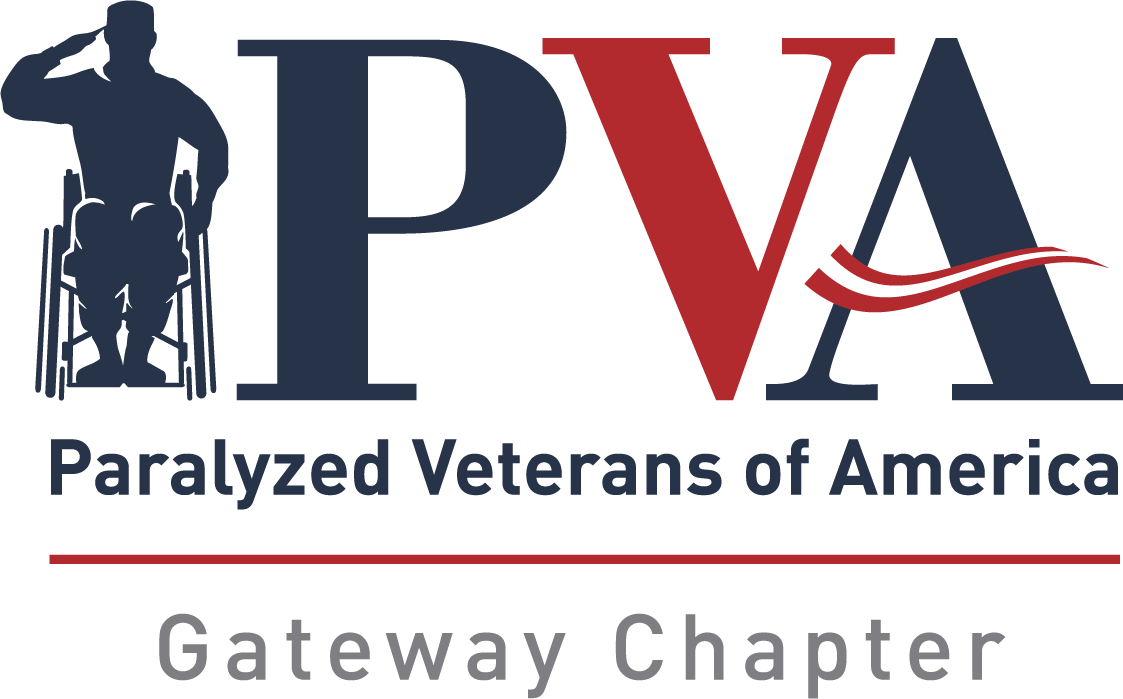by Brent Follas, Senior National Service Officer
I attended the ALS Walk on October 1, 2022 and joined Anthony Vicks group. He is a Member of the Gateway Chapter and he and his family are very active in spreading awareness for ALS. I see him in the KU Medical Center Clinics frequently. His wife, Karen, Father, Mother-in-Law and many of his other family and friends were there. It was a beautiful day at Kauffman Stadium and there were hundreds of signs posted from people that suffer(ed) from ALS. Some I recognized. One was a personal friend and many I represented and helped with their claims along with the survivors.
There was something else mentioned at the Walk about a new drug called Relyvrio (marketed as Albrioza in Canada). Hopefully, soon, the VA will have it on its formulary list. It was mentioned that, because of the Ice Bucket Challenge in 2014, it helped streamline the research and production of this drug due to the extraordinary monetary donations provided from the challenge.
History and Birth of Relyvrio
The U.S. Food and Drug Administration approved Relyvrio (sodium phenylbutyrate/taurursodiol) to treat patients with amyotrophic lateral sclerosis (ALS), commonly referred to as Lou Gehrig’s disease.
“This approval provides another important treatment option for ALS, a life-threatening disease that currently has no cure,” said Billy Dunn, M.D., director of the Office of Neuroscience in the FDA’s Center for Drug Evaluation and Research. “The FDA remains committed to facilitating the development of additional ALS treatments.” ALS is a rare disease that attacks and kills the nerve cells that control voluntary muscles. Voluntary muscles produce movements such as chewing, walking, breathing, and talking. ALS causes the nerves to lose the ability to activate specific muscles, which causes the muscles to become weak and leads to paralysis. ALS is a progressive disease that continues to get worse over time. Most cases will result in death from respiratory failure, usually within three to five years from when the symptoms first appear. Approximately 5,000 individuals in the United States are diagnosed with ALS annually, and approximately 20,000 Americans are currently living with the disease.
Relyvrio can be taken orally by combining one packet in 8 ounces of room temperature water. It can also be administered through a feeding tube. The recommended dosage for the first three weeks is one packet (3 grams sodium phenylbutyrate and 1-gram taurursodiol) daily. After three weeks, the dosage increases to one packet twice a day. The medication can be taken before a snack/meal.
The efficacy of Relyvrio for the treatment of ALS was demonstrated in a 24-week, multicenter, randomized, double-blind, placebo-controlled, parallel-group study. In the trial, 137 adult patients with ALS were randomized to receive either Relyvrio or placebo. The patients treated with Relyvrio experienced a slower rate of decline on a clinical assessment of daily functioning compared to those receiving a placebo. Additionally, longer overall survival was observed in a post hoc, long-term analysis of patients who originally received Relyvrio versus those who originally received placebo. The most common adverse reactions experienced with Relyvrio were diarrhea, abdominal pain, nausea and upper respiratory tract infection. Relyvrio contains taurursodiol, a bile acid, which may cause worsening diarrhea in patients with disorders that interfere with bile acid circulation.
These patients should consider consulting with a specialist before taking Relyvrio. The prescribing information includes additional information on risks associated with Relyvrio. The FDA granted this application Priority Review designation.
It also received orphan drug designation, which provides incentives to assist and encourage the development of drugs for rare diseases. The FDA granted the approval of Relyvrio to Amylyx Pharmaceuticals Inc.
In March, the Peripheral and Central Nervous System Drugs Advisory committee concluded that the Amylyx study did not provide “substantial evidence” that its drug was effective. Then in September, during a rare second meeting to consider a drug, the panel reversed course and voted in favor of approval.
The second vote came after Dr. Billy Dunn, director of the FDA’s Office of Neuroscience, encouraged the committee to exercise “flexibility” when considering a drug that might help people facing certain death. A much larger study of Relyvrio, the Phoenix Trial, is under way. But results are more than a year off.
A negative result from that study would be a major blow to Amylyx and ALS patients.
“If you’ve got a drug that’s extending life by five months,” Rind says, “you ought to be able to show that in a larger trial.”
In the meantime, he says, perhaps Amylix should charge less for their drug.
Relyvrio (marketed as Albrioza in Canada) is the only product made by Amylyx, a company founded less than a decade ago by Joshua Cohen and Justin Klee, who attended Brown University together.
Klee defends the drug’s price, saying it will allow the company to develop even better treatments. “This is not a cure,” he says. “We need to keep investing until we cure ALS.”
Klee and Cohen have also promised that Amylyx will re-evaluate its drug based on the results of the Phoenix trial.
“If the Phoenix trial is not successful,” Klee says, “we will do what’s right for patients, which includes taking the drug voluntarily off the market.”
But that the decision would require support from the company’s investors, and its board of directors.
Neurologists and Spinal Cord Physicians should be well aware of this new drug so when it is available inside the VA, you can inquire about it and they can place a consult for Relyvrio. Reference: https://www.fda.gov/news-events/press-announcements/fda-approves-new-treatment-option-patients-als.
